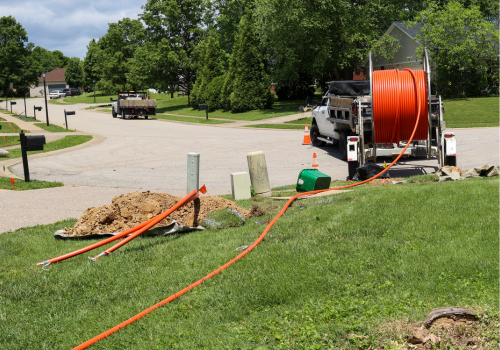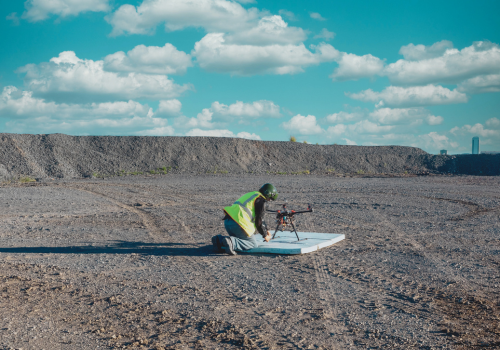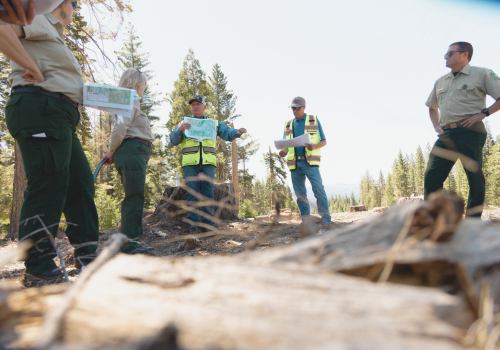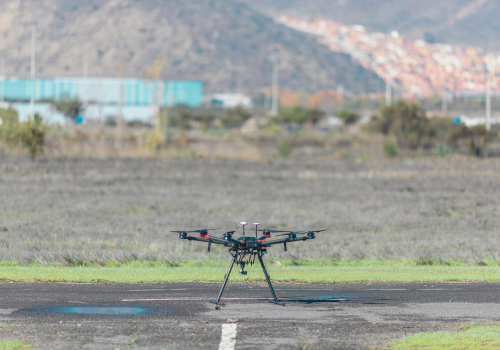Some stress is good. It motivates us, energizes us, and spurs us on to accomplishment. Too much stress is bad. It can cause us to take senseless risks, jeopardize our work performance, and trigger our fight/flight/freeze response. “COVID brought too much stress,” says Thomas Li-Ping Tang, Ph.D., Professor of Management at Middle Tennessee State University. “Part of the reason is that COVID stress affects everything. It’s not just our physical health or our social relationships or our finances. It is all of those and more besides.”
Perhaps the most grievous COVID stress has been on social well-being because that component of life is so essential. “COVID really disrupted our entire social fabric,” says James Campbell Quick, Ph.D. “Isolation compromised one of the most effective protective systems we use in dealing with stress.”
This is on top of the normal stress levels we had before COVID ripped the wheels off our social cart. Quick cites the Harvard Grant Study, a longitudinal study that has been ongoing for 85 years. From that study, it’s clear that what we stress about changes with age. “Men in the study [Harvard was still an all-male school when the study started] in middle age were focused on psychological adaptations required to manage stress. Men in their senior years were grappling with regrets.”
There are also differences between men and women. Tang says life satisfaction and job satisfaction are closely correlated in men and that connection is missing in women. “If a man feels fulfilled in his work, he likely feels fulfilled in his life. But if a woman doesn’t find meaning in her work, she can still feel good about her life overall.”
The long-term outcome of unrelenting high-stress levels is burnout, but that’s not even the worst of it. A paper Quick co-authored with Adam Pearl, MD and Khaled Saleh, MD, “Identifying and Addressing Burnout in the Orthopaedic Surgeon,” mentions a paper they’d done in 2006 and notes that, “The causes of stress today have not varied greatly since this study, yet burnout and suicidal ideation continue to rise…Suicide prevalence has increased roughly 30% over the past 2 decades.” (The current paper is still in the process of publication; no link is available as of this writing.)
Stress is normal
Stress is part of life. Spending energy on trying to control stress, while helpful, has limited effectiveness. A more productive approach is to control your response to those inevitable stressors.
“The optimal approach to stress and burnout is to prevent and repair,” says Quick. “This requires the person to identify and apply specific coping tools.” Here he cites the work of Lawrence Murphy and Steven Sauter. “From their work, it’s clear that no one response works for every person in every situation. Each of us should have at least two or three coping skills in our toolbox and preferably four or five.” Here are three Quick suggestions:
1. Physical activity and fitness, which includes aerobic fitness, strength, and flexibility.
2. “On the flip side is quiet time, time for reflection, prayer, and meditation,” says Quick.
3. “We need to re-learn the lessons we knew pre-COVID about relationships, to develop social cognition.”
He says while it’s clear that diet, body chemistry, the endocrine system, the vagus nerve, and other factors play a role in stress response management, actual studies are hard to find. “Most research on these matters has been in regard to weight loss, bone health, the development of lean muscle mass, and successful aging,” says Quick.
The importance of relationships in managing stress and burnout
Tang says while it’s clear that COVID had a profound effect on our social selves, we are still in transition in what is, perhaps inaccurately, called post-COVID times. “Face-to-face time, at least occasionally, remains important. Social contacts matter. Isolation leaves a void that must be filled.”
Even for those who are not socially isolated, COVID has ramped up their stress whether it’s due to having fewer workers to do the job or the ripple effects of supply chain issues. “The tendency is to reach out, and finding common ground often helps. Misery indeed loves company.” Social support comes along a continuum, from brief, one-time spontaneous conversations with another person in the checkout line to multiple scheduled sessions with a therapist. Perhaps the best social sounding board is our closest friend. “Good friends think in sync,” says Tang.
Tang refers to a study from the University of British Columbia in which study subjects were given five dollars. Half the subjects were told to buy a gift for themselves. The other half were told to buy a gift for someone else. Those who gifted another person reported greater happiness and higher levels of satisfaction than those who bought something for themselves. “Getting outside one’s self can be very beneficial.”
And management’s role? “Generous, powerful, and authentic leaders can reduce stress in the workplace, while a focus solely on the bottom line increases stress and reduces productivity,” says Tang.
Quick notes the importance of keeping work and non-work separated, “but that boundary is permeable and concerns and stresses flow both directions.” He says a good manager will be aware of and sensitive to the lives of employees outside of work and be active in that regard. “Managers aren’t therapists and shouldn’t be expected to serve as such. But they should be sensitive to the existence of problems outside of work and be able to make referrals when needed.”
Tang refers to the conservation of resources theory, which says that a person’s assessment of stress is not the primary issue. There are environmental, social, and cultural components that a person relies upon to feel secure in attaining and protecting the person’s well-being and ability to distance themselves from threats in their cultural environment. “Stress response is not one thing, it’s many things,” says Tang. “It is a set of skills and values acquired in a lifetime and put to use as required when stress comes along.”
Subscribe to The Utility Expo monthly newsletter to receive more industry insights like this.












